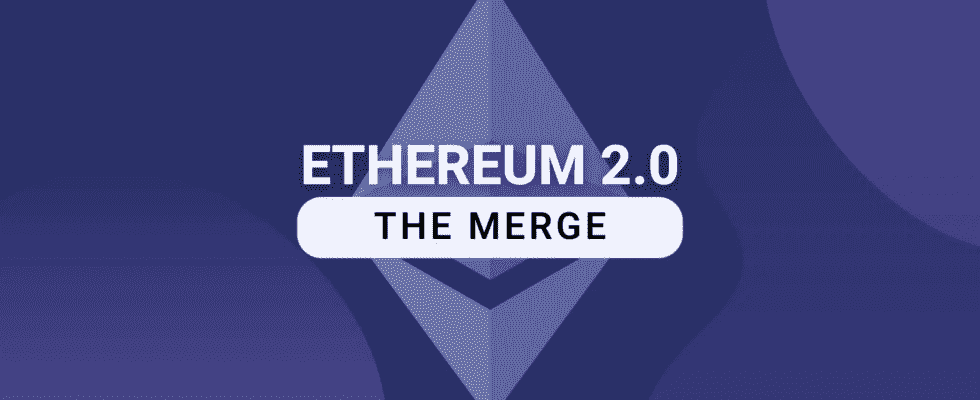Thursday Ethereum In the hours following its long-awaited Merge, more than 40% of the network’s blocks were produced by just two organizations: Coinbase and Lido.
The move to Proof of Work (PoW) to Proof of Stake (PoS) has been cited by developers as a way to defeat centralization in the second largest blockchain network by making it harder for individual entities to change the Ethereum ledger.
But the first signs of network consolidation have raised concerns that those hopes may not be realized.
The Majority of Transactions on the Ethereum Network is Caused by Few Organizations
“Out of the last 1,000 blocks, 420 were created by Lido and Coinbase alone,” Martin Köppelmann, co-founder of Gnosis, an Ethereum infrastructure firm, wrote in a tweet.
In his series of articles, Köppelmann reported that seven organizations hold more than two-thirds of the staked coins in the ETH network’s new system.
The higher the amount of assets in the staking system, the stronger the network strength in the ETH network that gets rid of the miners also means that more transactions are verified.
Lido, a one-of-a-kind community-led staking community, and the third largest in the world cryptocurrency exchange Coinbase owns 27.5% and 14.5% of the stake in the network, respectively.
ETH’s long-awaited migration to PoS was successfully completed on Thursday morning. The new system encourages so-called validators to deposit 32 ETH on the platform, giving them the authority to write and confirm transactions on the Ethereum ledger. And of course, new ETHs are earned.
This high capital requirement ($47,200 at the time of this writing) means that only people holding 32 ETH or more can become validators.
As a result, ETH wanted to be staked flowed into services offered by Coinbase, Lido, and other stake pools, allowing users to become validators without much hassle and earn rewards in return.
That so much money goes into so few services has raised concerns. Because if a single entity controls more than 66% of staked ETHs in the network, it can make it difficult for others to write transactions to ETH’s ledger.
*Not investment advice.
For exclusive news, analytics and on-chain data Telegram our group, twitter our account and YouTube Follow our channel now! Moreover Android and iOS Start live price tracking right now by downloading our apps!
